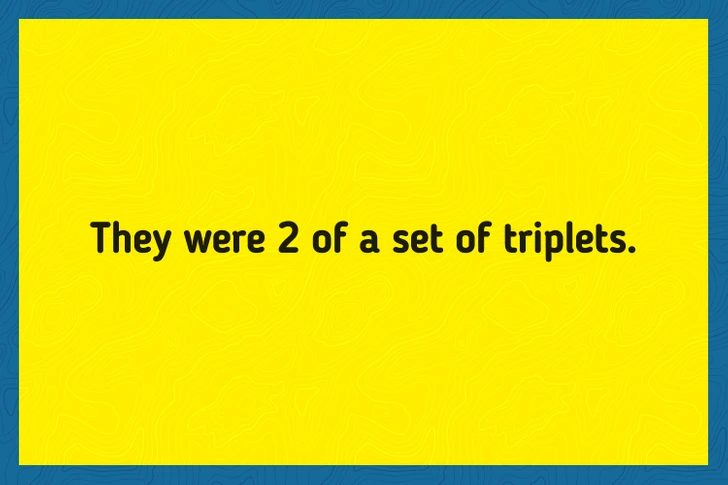We’ve all encountered those head-scratching brain teasers that seem to defy logic at first glance. The ones that compel us to re-read the question over and over, making seemingly unreasonable assumptions in a desperate attempt to uncover the hidden solution.
While initially frustrating, these types of mind-bending puzzles can actually be the key to drawing readers deeper into the mystical world of problem-solving. The appeal of a truly perplexing brain teaser lies in the innate human desire to uncover hidden truths.
When confronted with a question that seems to violate the laws of reason, our natural curiosity is piqued. We become committed to finding the answer, no matter how many assumptions we have to make or how many mental gymnastics we have to perform. This type of challenge taps into our deepest cognitive faculties, pushing us to think in ways we never have before.

Take the classic brain teaser: “A woman had 2 sons, born within the same hour, day, and year. But they were not twins. How is this possible?”
At first glance, this seems like an impossible riddle. How can two sons be born within the same timeframe, but not be twins? It’s a head-scratcher that forces us to re-evaluate our assumptions about family structure and biology.
The answer, of course, is that the woman had triplets – two sons and a daughter. By shifting our perspective and considering alternative explanations, we’re able to uncover the hidden solution that was staring us in the face all along.

This type of cognitive flexibility is a key component of problem-solving. When we’re confronted with a seemingly unsolvable puzzle, it’s often our ability to think outside the box and challenge our own preconceptions that leads us to the “aha!” moment.
Engaging with mind-bending puzzles doesn’t just provide entertainment value. It also taps into some fundamental aspects of the human psyche:
Curiosity – The need to uncover hidden truths and explanations
Perseverance – The willingness to stick with a problem, even when it seems unsolvable
Cognitive Flexibility – The ability to shift perspectives and consider unconventional solutions
In a world that often feels increasingly complicated and uncertain, the simple act of solving a brain teaser can be a powerful reminder of our own intellectual capabilities. It allows us to exercise our problem-solving muscles and discover new depths of creative thinking.
So the next time you come across a head-scratching puzzle, don’t be too quick to give up. Embrace the challenge, channel your inner Sherlock Holmes, and see if you can crack the code. You might be surprised by what you uncover – both about the problem at hand and the hidden potential within your own mind.


